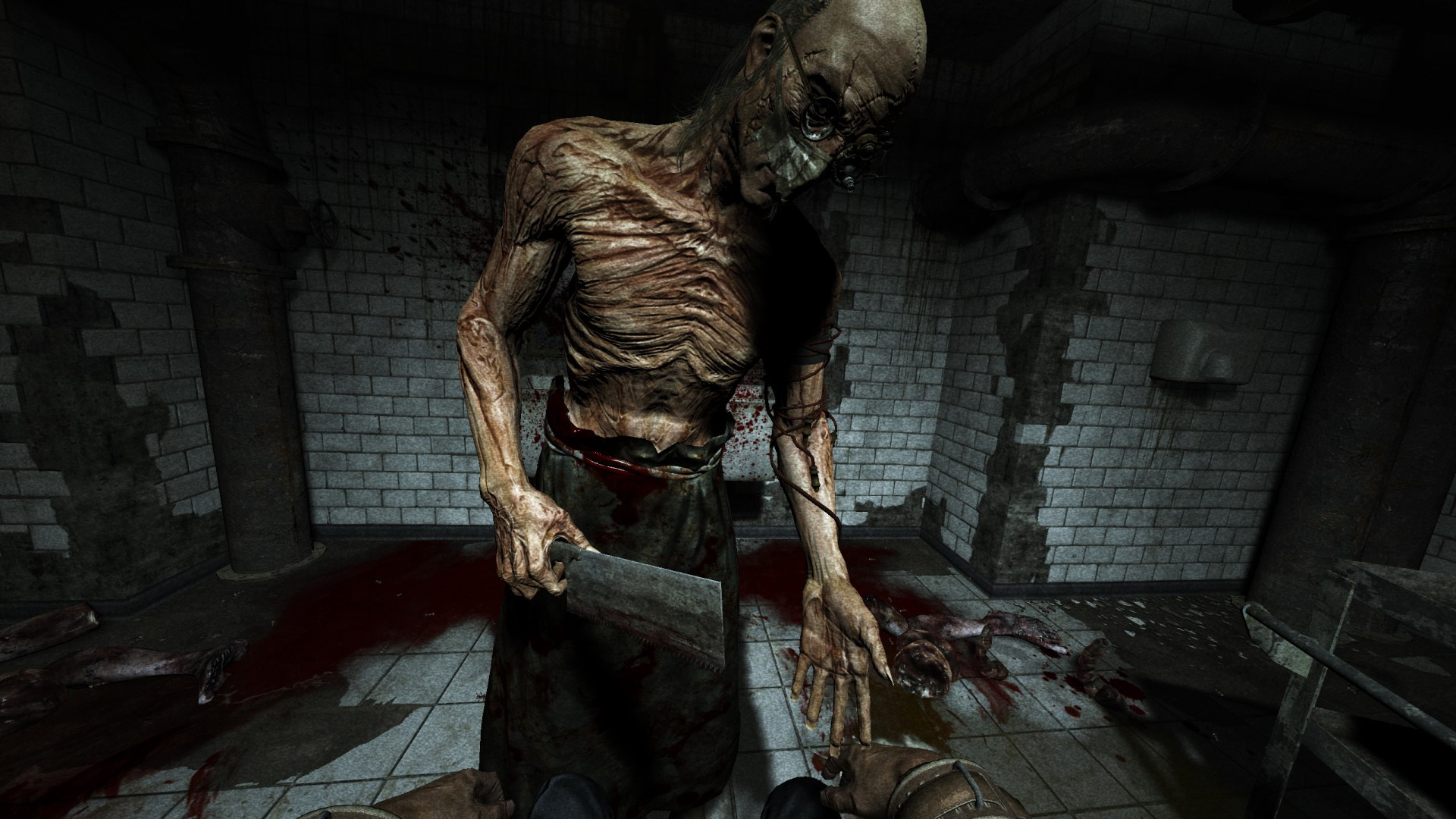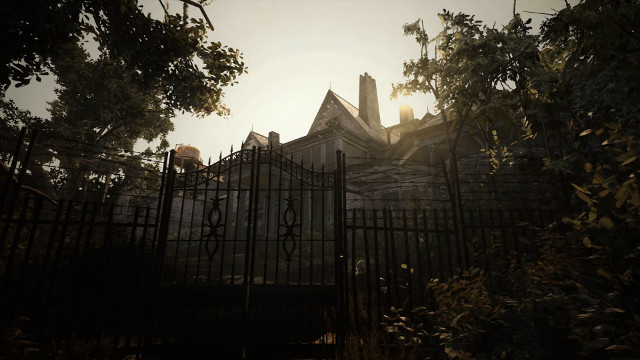Anyone who has been paying attention can identify a distinct, downward trend in the quality of Resident Evil games in recent years. The series has been reinventing itself ever since its inception with each subsequent game trying to identify and repeat what the previous Resident Evil game did well, and the results have varied drastically. One one hand, you'll get games like Resident Evil 4, only to be followed up by 5 and 6, which sought to mimic the superficial elements of the game.
But, more than just pointing out this decline in quality, the reason why this has happened is clear, and it paints an even better picture of the already-well-received Resident Evil 7. At a certain point, the series started to go downhill, and Resident Evil 7 is the force that could bring it back to the top of the mountain.
What people forget about the original Resident Evil game from 1996, including its 2002 remake and 2015 HD Remaster is that its plot contrivances were perhaps the least interesting part. The video game series (and especially the movie series, for that matter) became most known for the T-Virus, the Umbrella Corporation and the in-depth government conspiracy that encapsulated it all.
But, when it comes down to it, those elements simply didn't matter in the original game, and even in its sequel. The T-Virus, the Umbrella Corporation, this is what's known in narrative terms as a "McGuffin" – it's a reason for the plot to exist at all. This was all just an excuse to get a group of people with high-powered weaponry into a creepy mansion where spooky stuff happens and then justify the goings on while they were there. The mansion wasn't even their destination. They ended up there by accident, and while the things they found there did, in fact, tie in to what was happening outside, the more memorable parts of Resident Evil were the horrifying moments the team experienced while inside.

You see this all the time with horror games. Outlast, for example, revolves around a plot where a journalist gets an anonymous tip about horrible goings on at an insane asylum and takes it upon himself to enter said hospital armed only with a video camera. But, let's be real – who cares? I am not fooled for a second, nor do I believe that the writers and developers started out saying "let's make a story about a government conspiracy with a multinational corporation to exploit the violently insane." No, the core of the game's inception was undoubtedly "let's make a horror game about a guy trying to escape an insane asylum to really scare the crap out of people," and all the plot only served to get him there and to explain why things were that way.
The worst games in the Resident Evil series were bad not because they were derivative third-person shooters (although that's part of it), but because they doubled down on those extraneous plot details and took themselves way too seriously. Gun to my head, I couldn't tell you a single detail from the plot of Resident Evil 4 (arguably the best game in the franchise) without looking it up, but I can tell you exactly where I was and who I was with when I first experienced the Chainsaw man in the burlap sack hacking me to pieces.
And all of this brings us back to Resident Evil 7 a game that, before launch, revealed very little about its plot or its reason for existence. The most information you had is that one man is searching for clues to the whereabouts of his missing (and presumed dead) wife that leads him to the Baker family mansion. Again, it's clearly just an excuse to get you into a creepy mansion where spooky stuff happens, and that's all it needs to be.
Resident Evil 7 will redeem the franchise not merely by being good, but by succeeding in the same ways the original games did – by creating memorable scares in a haunting environment.

Check Out More Resident Evil 7 Coverage







